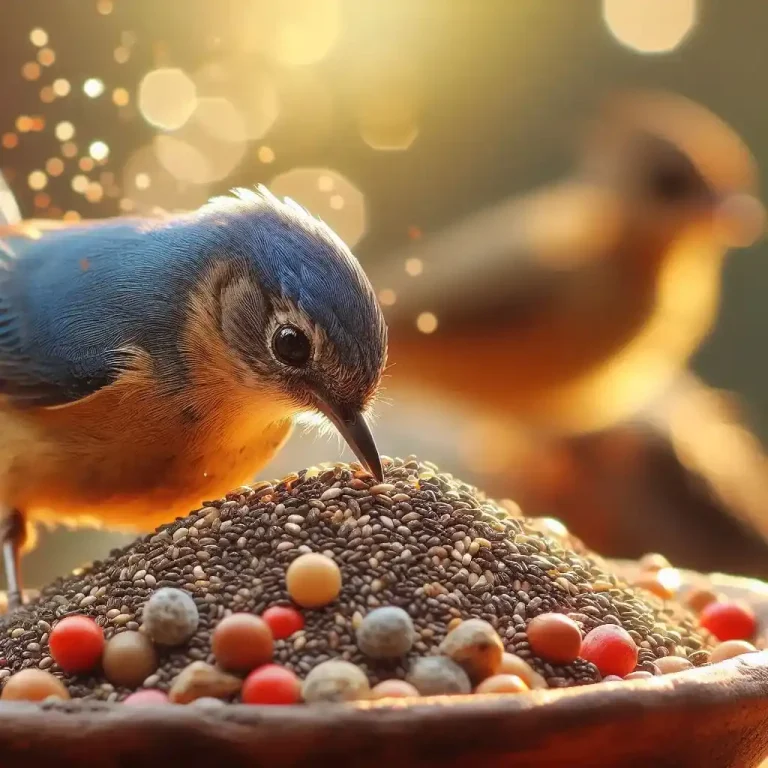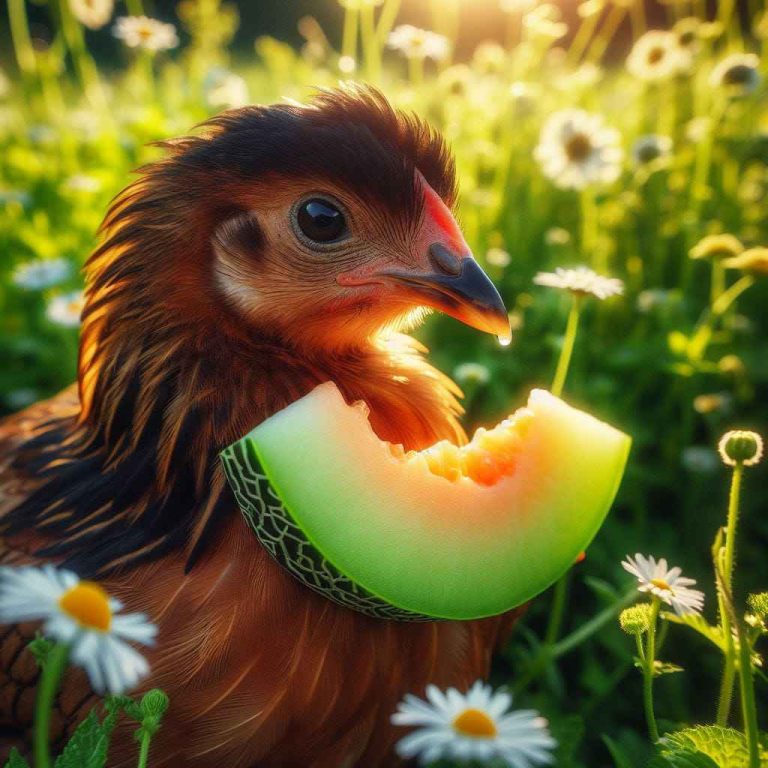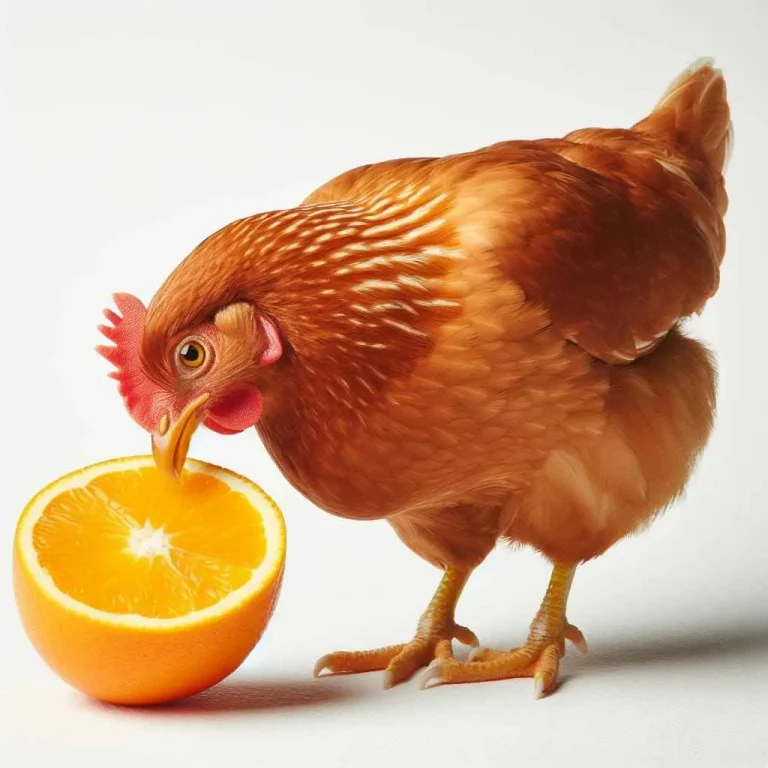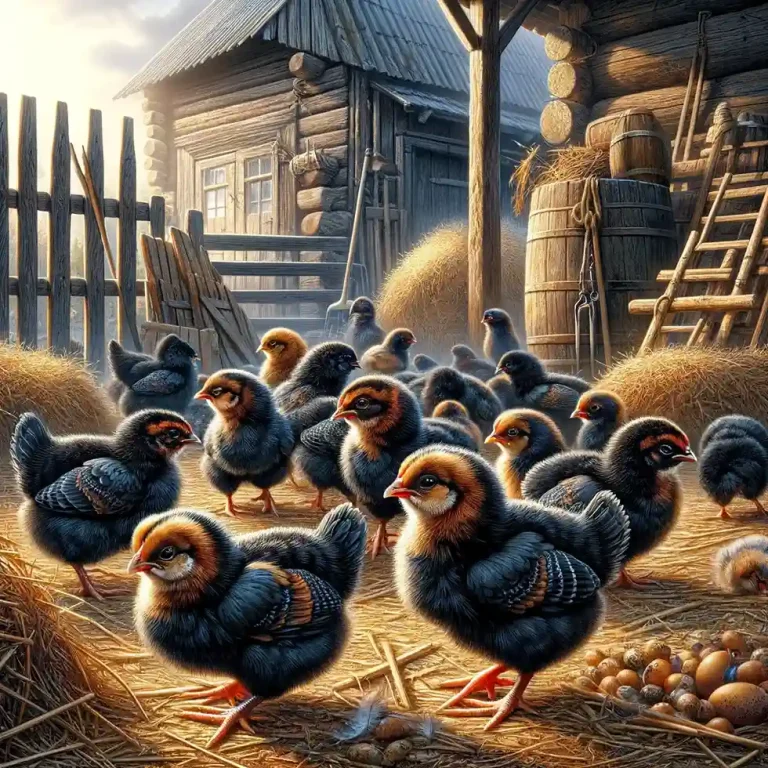can chickens eat granola
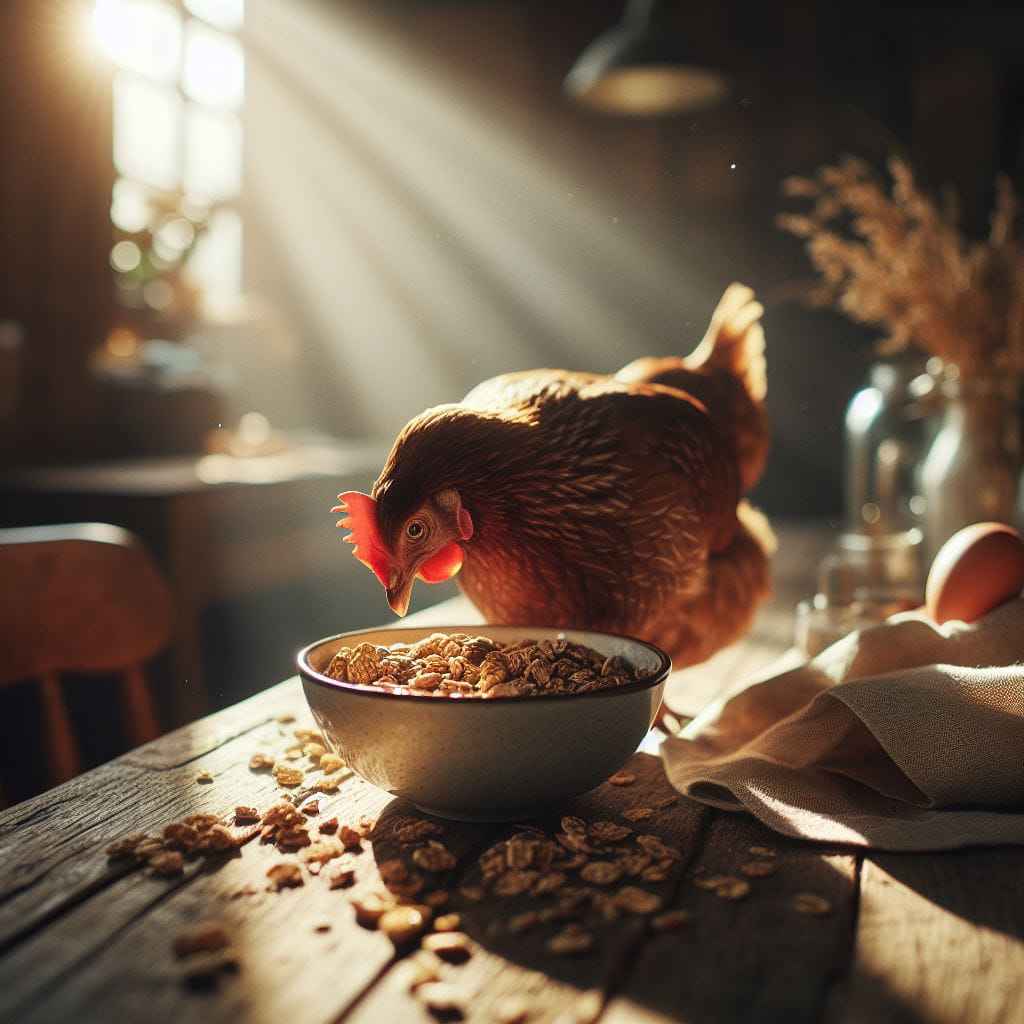
Can chickens eat granola
Chickens are known for their diverse diet, but can they enjoy the crunchy goodness of granola? While chickens can technically eat granola, it’s essential to understand its nutritional value, potential risks, and how to introduce it safely into their diet.
Granola typically contains a mixture of rolled oats, nuts, seeds, dried fruits, and sometimes sweeteners like honey or maple syrup. From a nutritional perspective, granola can offer chickens a variety of beneficial nutrients such as protein, healthy fats, fiber, vitamins, and minerals. However, it’s essential to note that granola can also be high in sugar, salt, and fat, depending on the ingredients used.
One of the primary concerns with feeding granola to chickens is its high sugar and fat content. Chickens have different dietary requirements than humans, and excessive sugar and fat can lead to health issues such as obesity, diabetes, and fatty liver disease. Additionally, certain ingredients in granola, such as chocolate or raisins, may be harmful to chickens if consumed in large quantities.
If you choose to feed granola to your chickens, it’s crucial to do so in moderation. Offer it as an occasional treat rather than a regular part of their diet. When introducing granola to chickens for the first time, start with small amounts to see how they react. Monitor their health closely and watch for any signs of digestive upset or weight gain.
To minimize the risks associated with feeding granola to chickens, consider making your own homemade version using chicken-safe ingredients. This allows you to control the ingredients and avoid additives that may be harmful to chickens. Additionally, you can customize the recipe to suit their nutritional needs better.
Introduction to Granola for Chickens
Granola, with its crunchy texture and flavorful blend of oats, nuts, seeds, and dried fruits, is a popular breakfast food enjoyed by humans. But can chickens also partake in this delicious treat? In this introduction to granola for chickens, we’ll explore the nutritional benefits, potential risks, and best practices for incorporating granola into your flock’s diet.
Chickens are omnivores with a diverse palate, often enjoying a wide range of foods beyond their standard feed. While granola can offer chickens a variety of nutrients like protein, healthy fats, fiber, vitamins, and minerals, it’s essential to be mindful of its composition. Commercial granola mixes may contain added sugars, salts, and fats, which can be harmful to chickens if consumed in excess.
As responsible chicken keepers, it’s crucial to understand the importance of moderation when offering treats like granola to our feathered friends. While it can be a tasty addition to their diet, it should be given sparingly and as part of a balanced nutritional regimen. Additionally, homemade granola recipes using chicken-safe ingredients provide greater control over the nutritional content and can be tailored to meet your flock’s specific dietary needs.
In this guide, we’ll delve into the nutritional value of granola for chickens, highlight potential risks associated with its consumption, and offer tips on how to introduce granola safely into your flock’s diet. By following these guidelines, you can ensure that your chickens enjoy their granola treats in a healthy and responsible manner, promoting their overall well-being and happiness.
When considering alternative treats for your chickens, you might also wonder, Can chickens eat bread While bread can be a tasty snack for humans, it’s important to approach feeding it to chickens with caution. While small amounts of bread can be given as an occasional treat, it should not make up a significant portion of their diet. Always ensure that any bread offered to chickens is free from added sugars, salts, and other potentially harmful ingredients.
Nutritional Value of Granola for Chickens
Granola can be a nutritious addition to a chicken’s diet when offered in moderation. Its nutritional value varies depending on the ingredients used in its preparation. Here are some key nutrients found in granola that can benefit chickens:
While granola offers several nutritional benefits for chickens, it’s essential to feed it in moderation. Commercial granola mixes may contain added sugars, salts, and fats, which can be harmful to chickens in large quantities. Additionally, some ingredients like chocolate or raisins can be toxic to chickens and should be avoided.
To maximize the nutritional value of granola for chickens, consider making homemade granola using chicken-safe ingredients and limiting added sugars and fats. Offer granola as an occasional treat alongside a balanced diet of commercial feed, fresh fruits and vegetables, and access to clean water. Monitoring your chickens’ intake and observing their health and behavior can help ensure they receive the right balance of nutrients for optimal well-being.
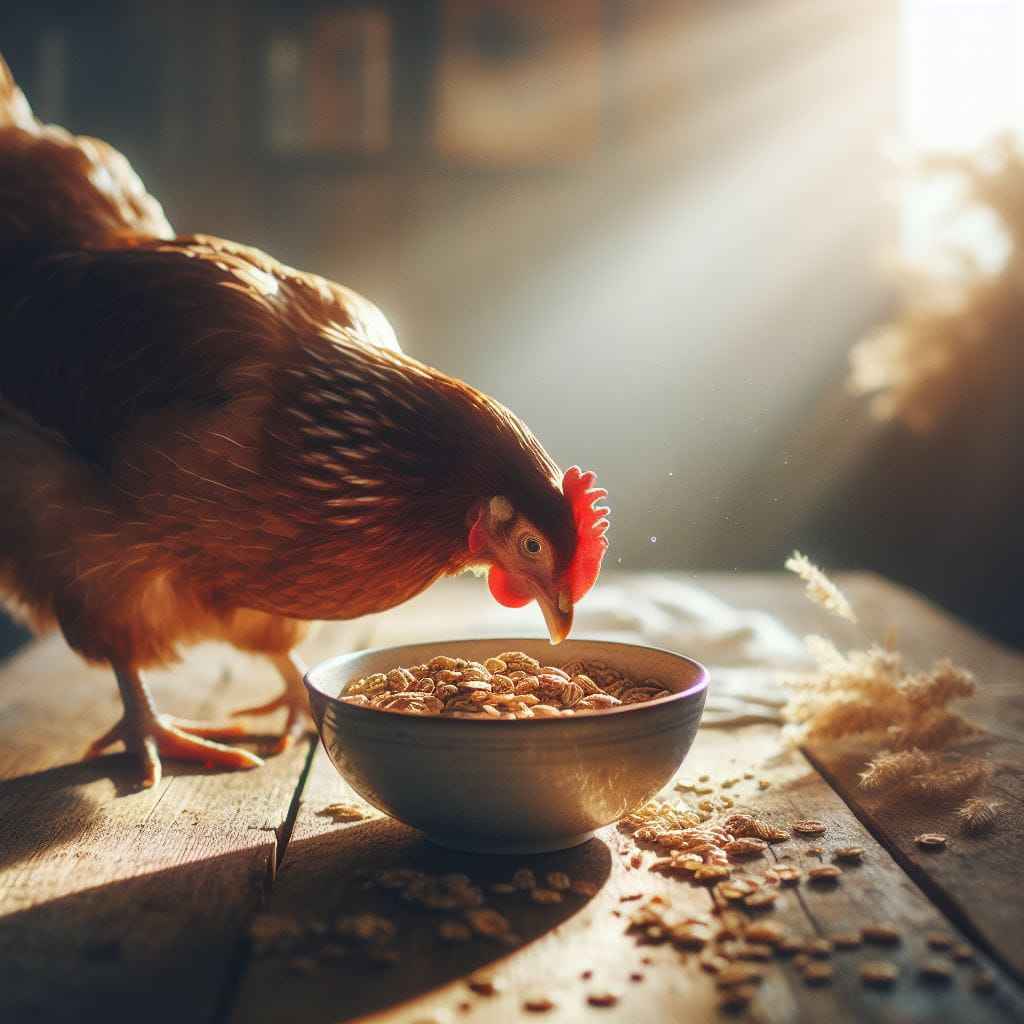
Risks and Concerns of Feeding Granola to Chickens
While granola can offer nutritional benefits for chickens, there are several risks and concerns associated with feeding it to them:
To mitigate these risks, it’s essential to feed granola to chickens in moderation and choose varieties with minimal added sugars and fats. Homemade granola made with chicken-safe ingredients can be a safer option. Additionally, always supervise chickens when offering granola to ensure they can safely consume it without choking. Providing a balanced diet consisting of commercial feed, fresh fruits and vegetables, and occasional treats like granola can help maintain chickens’ health and well-being. Regular monitoring of their diet and health is crucial to identify any issues early and make necessary adjustments.
Safely Introducing Granola into Chickens’ Diet
When introducing granola into chickens’ diet, it’s essential to do so gradually and with caution to prevent any adverse effects. Here’s how you can safely introduce granola to your chickens:
By following these guidelines, you can safely introduce granola into your chickens’ diet and offer them a tasty and nutritious treat without compromising their health and well-being.
Moderation: Key to Feeding Granola to Chickens
Moderation is essential when incorporating granola into chickens’ diets. While granola can provide additional nutrients and serve as a tasty treat for chickens, overfeeding can lead to health issues. Here’s why moderation is key when feeding granola to chickens:
To ensure the well-being of your chickens, offer granola as an occasional treat in small quantities. Monitor their intake and adjust accordingly based on their response and overall health. By practicing moderation, you can safely incorporate granola into your chickens’ diet and provide them with a balanced and nutritious feeding regimen.
Alternatives to Granola for Chickens with Dietary Restrictions
If you’re looking for alternatives to granola for chickens with specific dietary restrictions, consider these options:
When introducing new foods to your chickens’ diet, it’s essential to monitor their response and watch for any signs of digestive upset or allergic reactions. Gradually introduce alternative foods in small quantities and observe how your chickens tolerate them. By offering a diverse range of nutritious options, you can ensure that your chickens receive a well-rounded diet while accommodating their dietary restrictions.
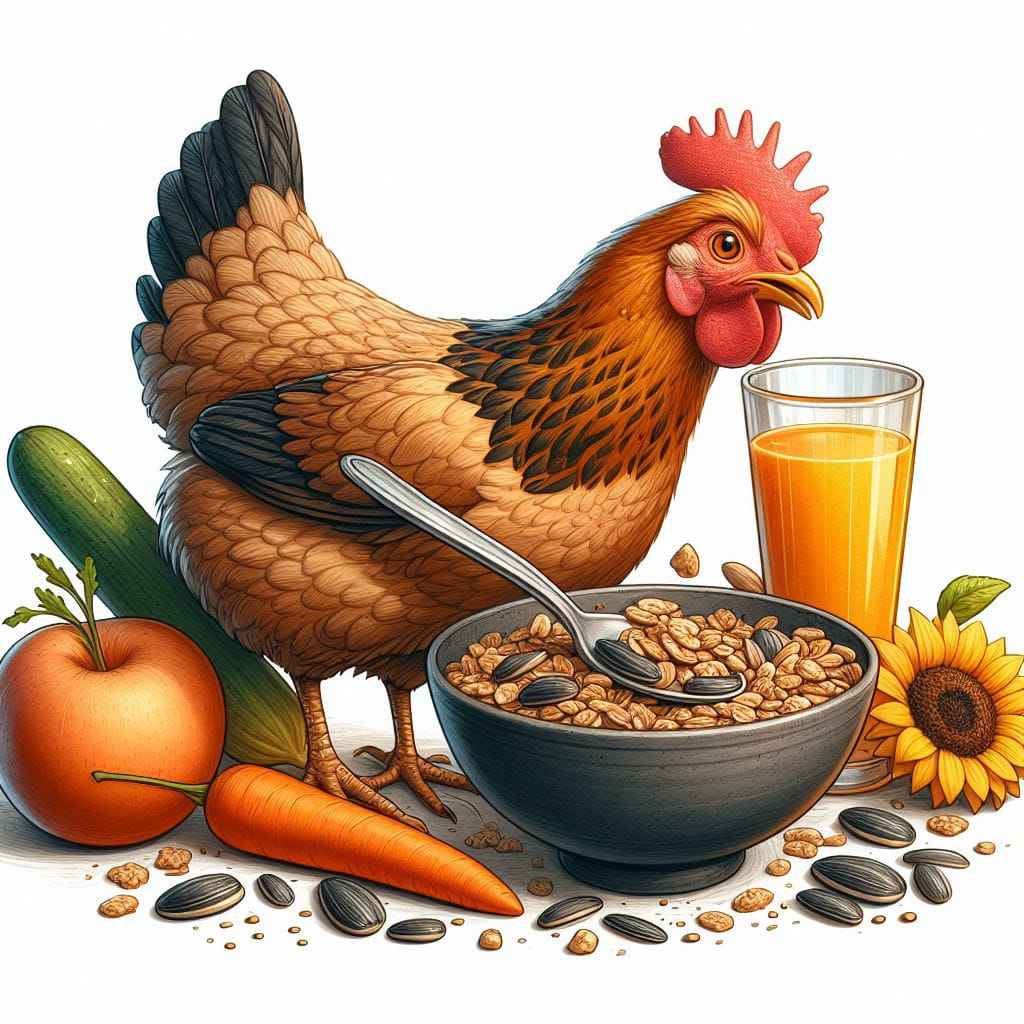
Conclusion
In conclusion, while granola can be a tasty and nutritious snack for humans, it may not always be suitable for chickens due to its high sugar and fat content. Before offering granola to your flock, it’s essential to consider their dietary needs and potential risks associated with feeding them this treat.
Understanding the nutritional value of granola and its potential impact on chickens’ health is crucial in making informed decisions about their diet. While granola may provide some beneficial nutrients like protein and fiber, it also contains added sugars, oils, and other ingredients that may not align with chickens’ dietary requirements.
Furthermore, feeding granola to chickens in large quantities or as a primary food source can lead to obesity, digestive issues, and other health problems. Therefore, moderation is key when offering granola or any other treats to chickens, and it should be considered as an occasional snack rather than a staple part of their diet.
Ultimately, providing chickens with a balanced diet consisting of high-quality poultry feed, fresh water, and a variety of fruits, vegetables, and occasional treats will help maintain their health and well-being. By understanding their nutritional needs and making informed choices about their diet, you can ensure that your chickens thrive and live happy, healthy lives.
FAQs
Can chickens eat granola?
While granola can be a tasty snack for humans, it may not be suitable for chickens due to its high sugar and fat content. Feeding granola to chickens in moderation is key, but it’s essential to consider their dietary needs and potential risks associated with this treat.
Is granola safe for chickens?
Granola may contain added sugars, oils, and other ingredients that may not align with chickens’ dietary requirements. Feeding granola to chickens in large quantities or as a primary food source can lead to obesity, digestive issues, and other health problems.
How much granola can I feed my chickens?
It’s best to offer granola to chickens as an occasional treat rather than a staple part of their diet. Moderation is key, and it’s important to balance their diet with high-quality poultry feed, fresh water, and a variety of fruits and vegetables.
What are the risks of feeding granola to chickens?
Feeding granola to chickens in large quantities or as a primary food source can lead to obesity, digestive issues, and other health problems due to its high sugar and fat content. It’s important to consider their nutritional needs and potential risks associated with this treat.
Are there alternatives to granola for chickens?
Yes, there are several alternatives to granola for chickens, including fruits, vegetables, and grains like oats or barley. These options provide beneficial nutrients without the added sugars and fats found in granola, making them a healthier choice for chickens.

